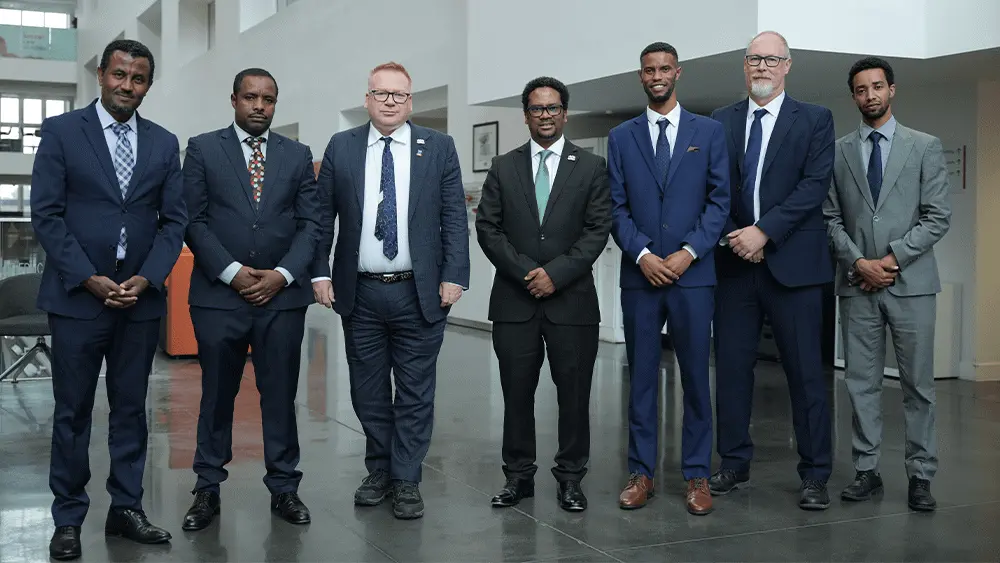
Maritime school hosts international leaders
International delegates visited Warsash Maritime School in August to learn more about its offer and impact.
28 August 2025
International delegates visited Warsash Maritime School in August to learn more about its offer and impact.
28 August 2025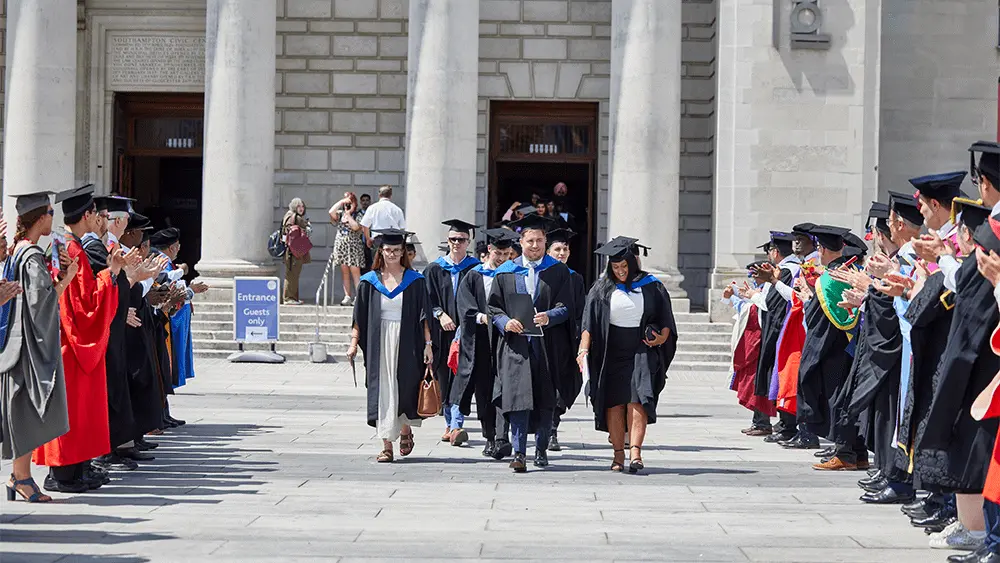
In Solent's 20th year, the University's Senior Associate Academic Registrar, Sarah Bishop, reflects on two decades of graduation.
27 August 2025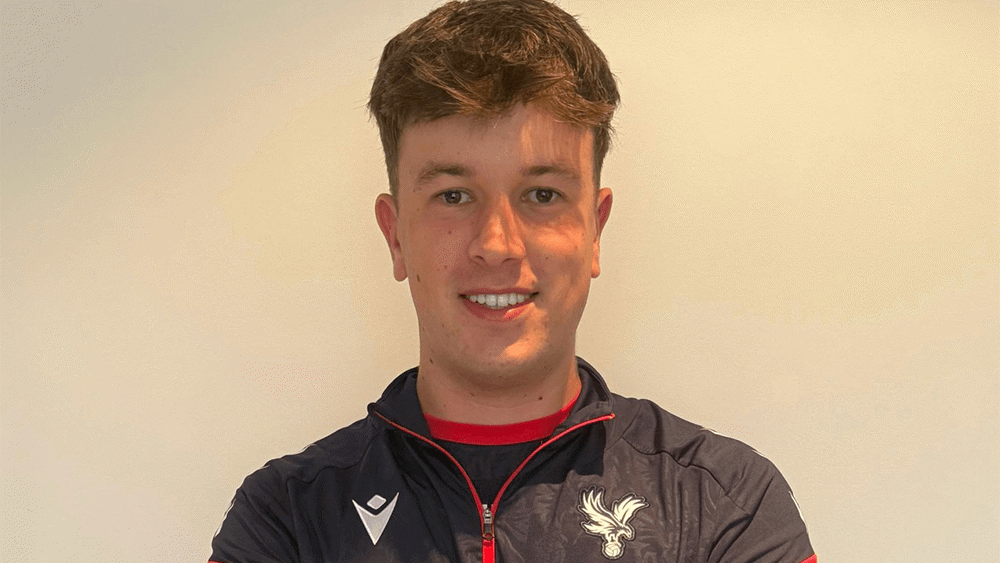
A BSc (Hons) Football Studies alumni is now working with his favourite football club, Crystal Palace.
22 August 2025
BA (Hons) Photography student, Roxanne Bennett, has explored river pollution in her Final Major Project.
20 August 2025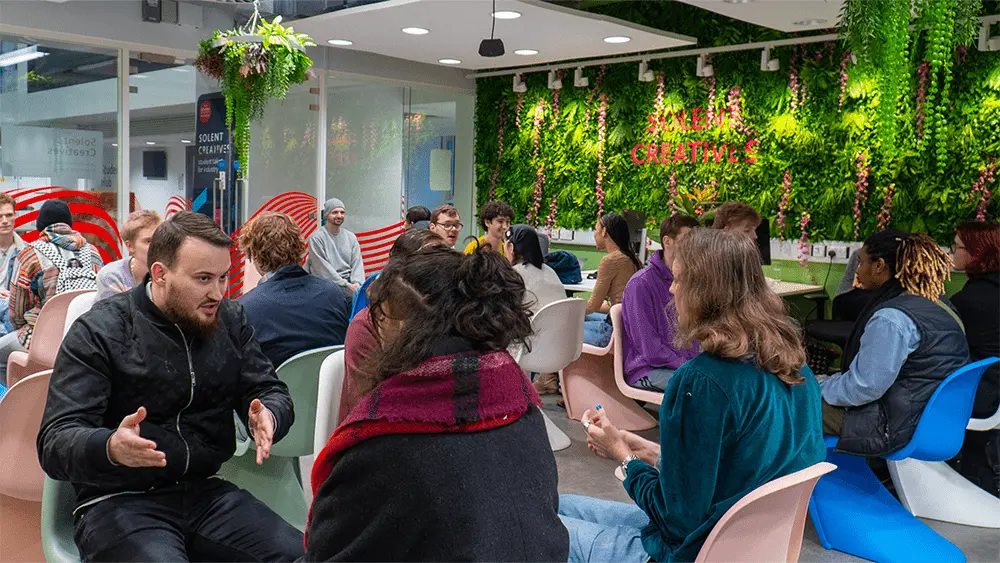
At Southampton Solent University, an in-house creative agency is connecting talented students to businesses who need their skills.
18 August 2025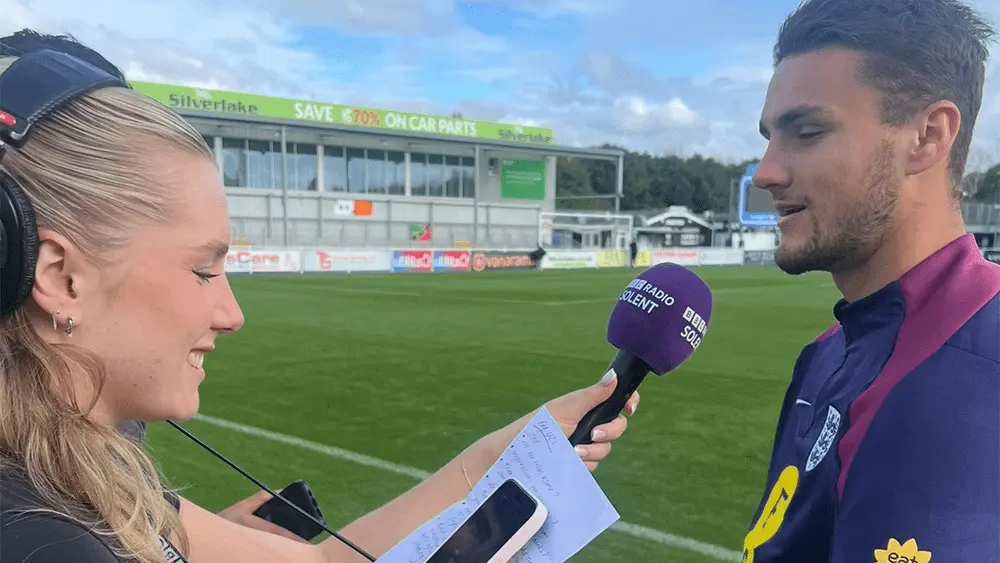
Millie Payne, a BA (Hons) Sports Journalism graduate, is sharing her experience of applying to Solent University through Clearing.
11 August 2025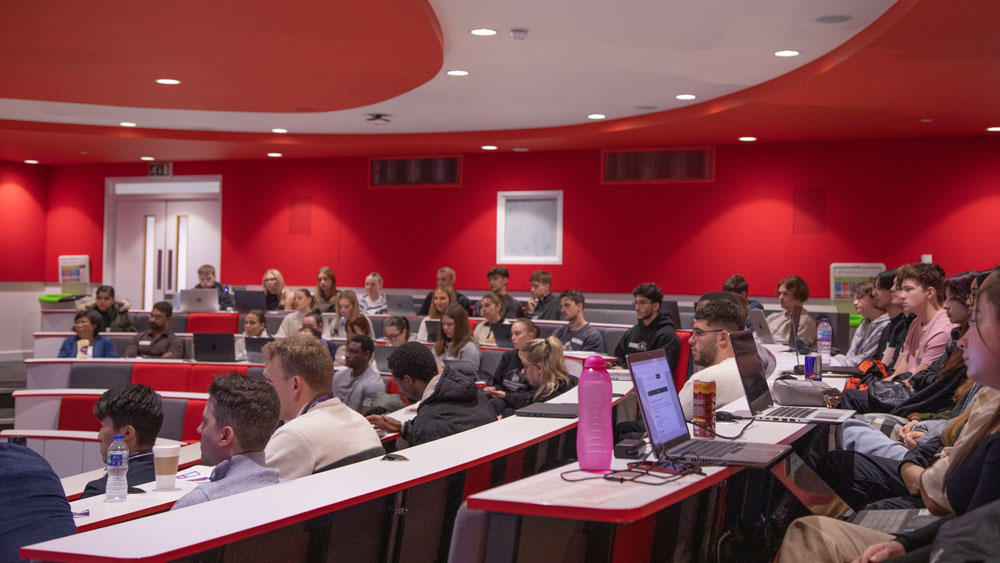
Rachel Lamb, Course Leader Fashion Media and Beauty Promotion, has been awarded a National Teaching Fellowship.
8 August 2025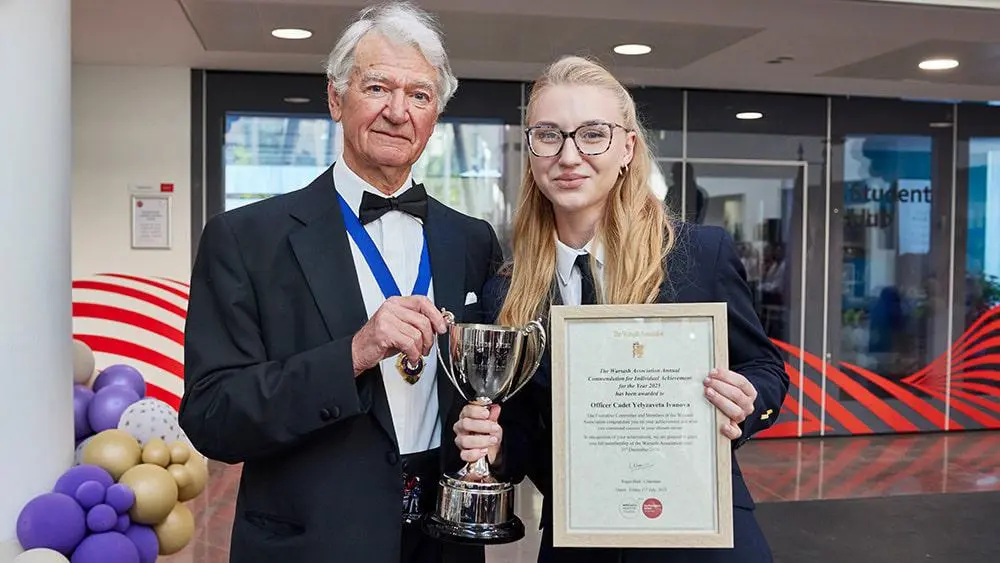
Annual maritime awards presented in recognition of outstanding performances
7 August 2025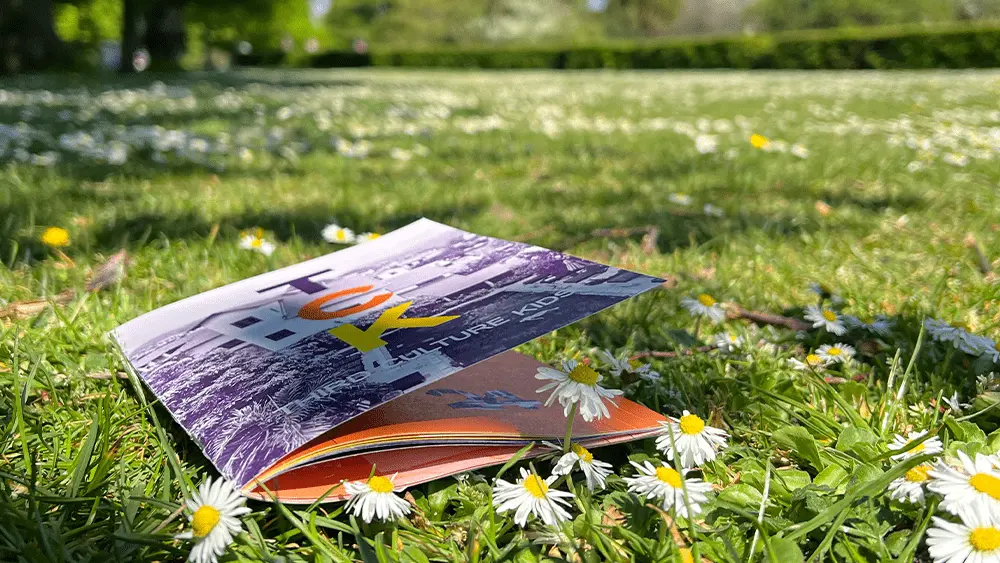
Cara Knoy, a BA (Hons) Graphic Design graduate, used her Final Major Project to raise awareness of a community close to her heart.
7 August 2025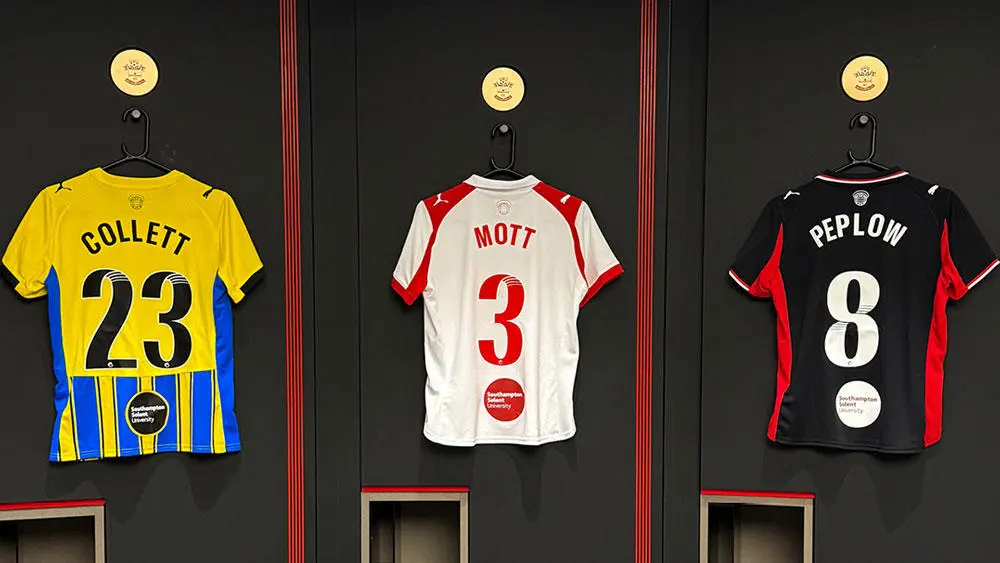
Solent & Saints are set to continue their productive partnership for another three years
6 August 2025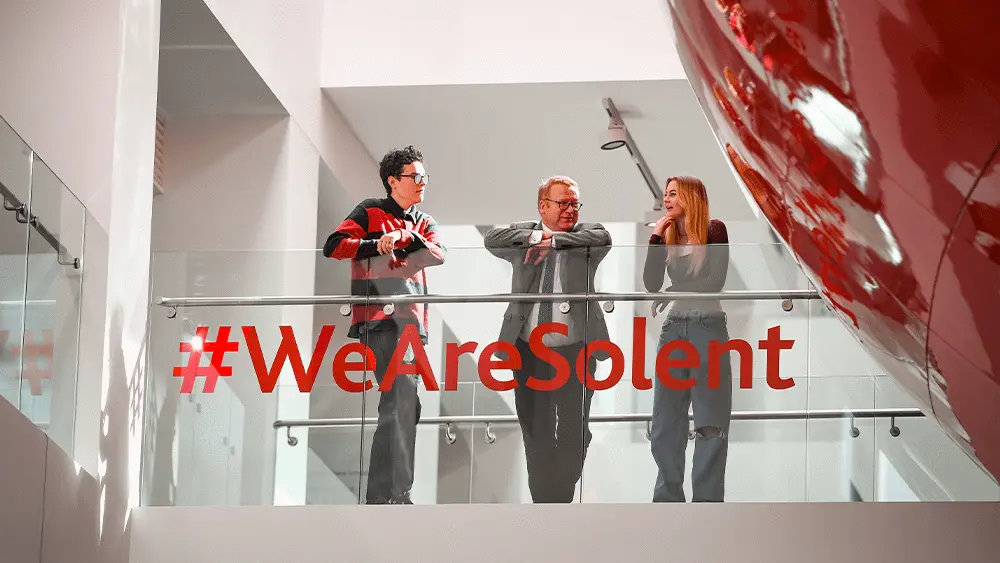
Clearing 2025 is open at Southampton Solent University.
5 August 2025
Experience life as a student at Solent at one of our on-campus or virtual undergraduate, postgraduate or maritime open days.
Find out more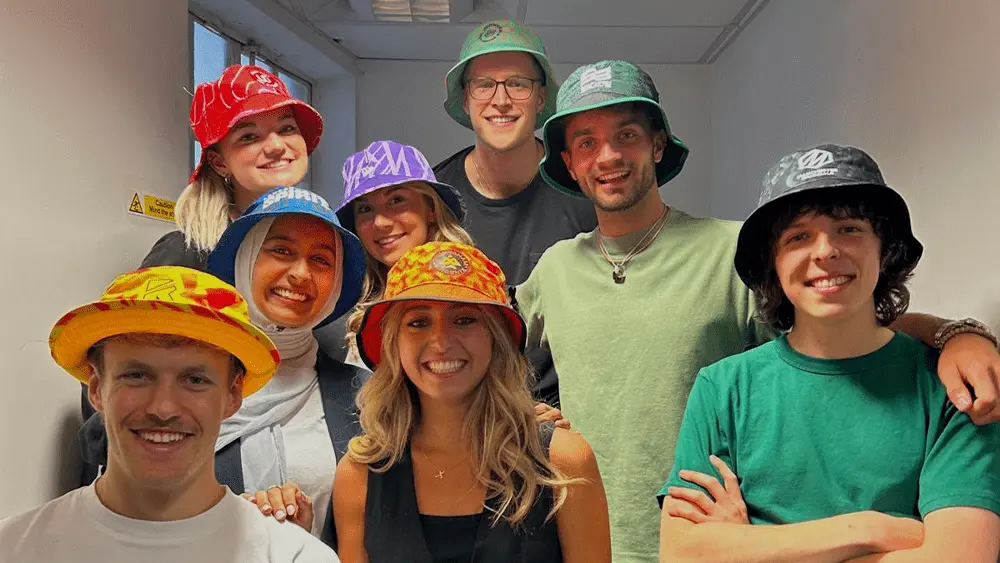
BA (Hons) Sports Journalism graduate, Will Hewlett, will be a Rising Host at this year's The Hundred.
30 July 2025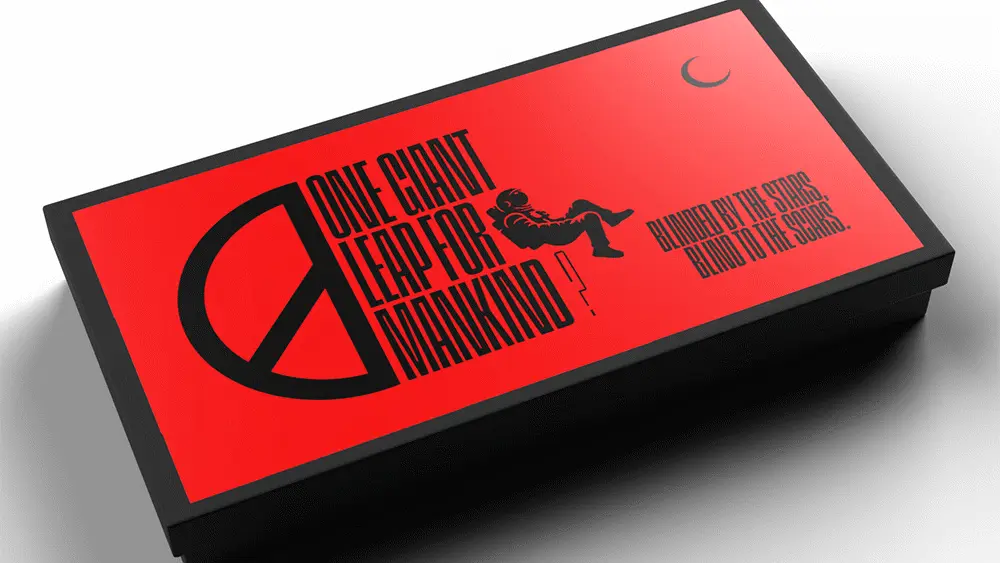
Louis Ross, a 2025 BA (Hons) Graphic Design graduate, has been recognised for his impressive Final Major Project.
28 July 2025
Andy Chan has been appointed Associate Pro Vice-Chancellor - Research and Knowledge Exchange at Southampton Solent University.
25 July 2025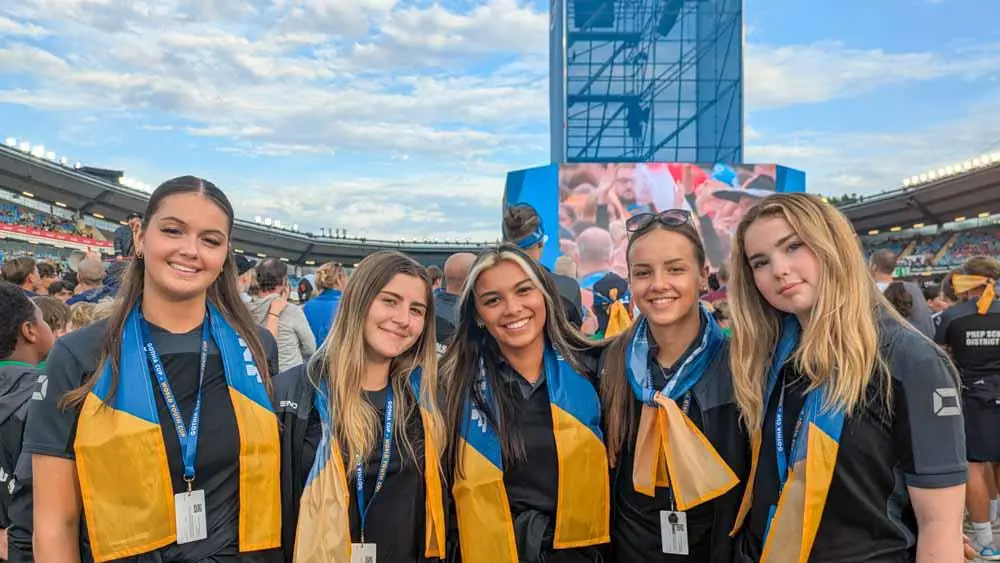
Solent students enhanced their skills at the Gothia Cup in Sweden
24 July 2025